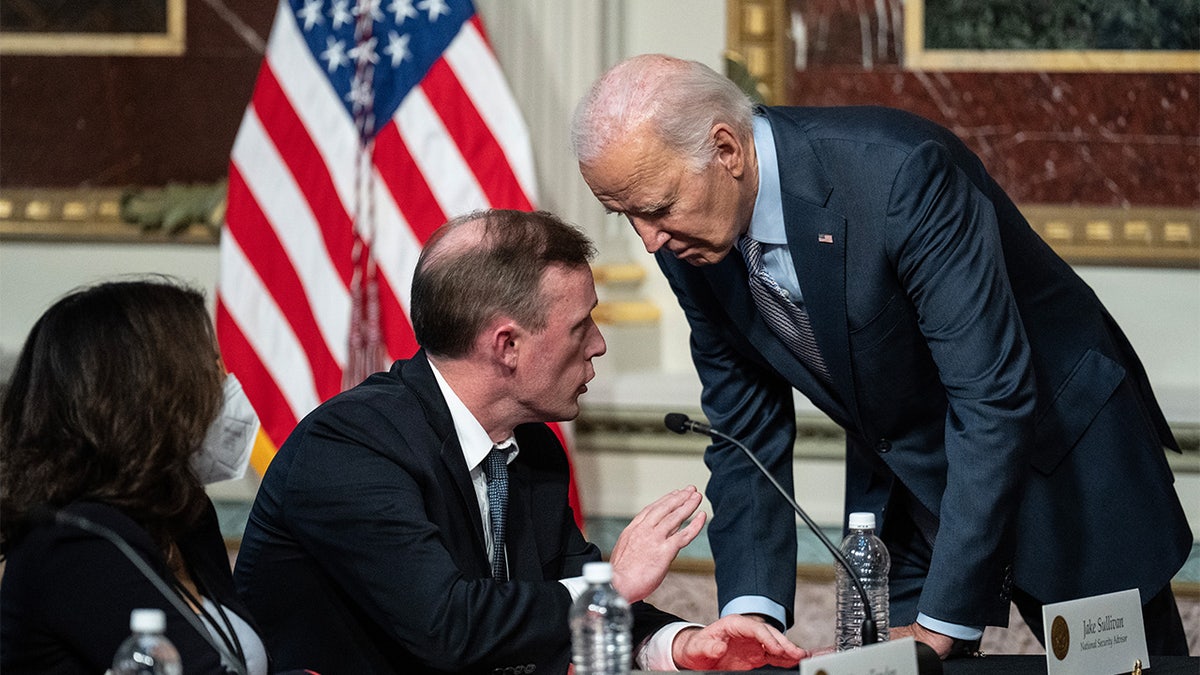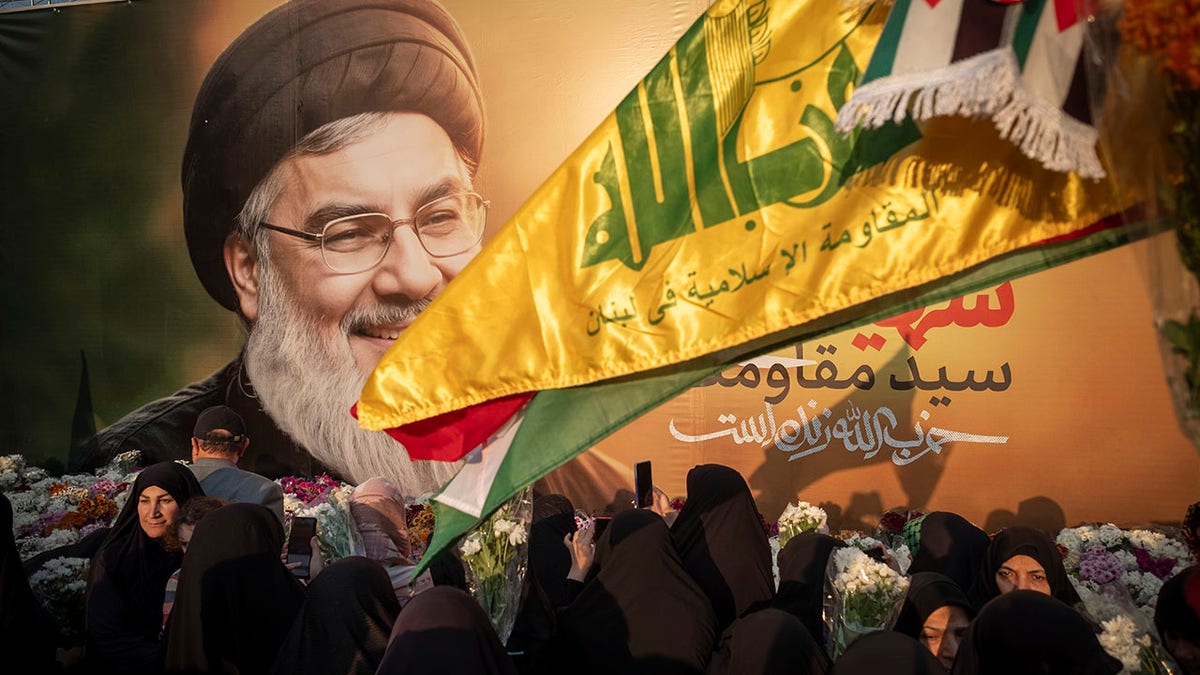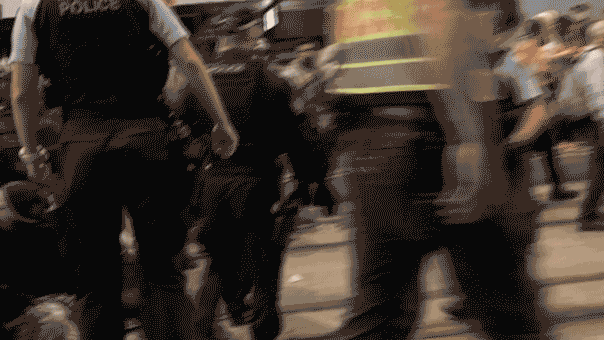US needs to maintain its 'vigilance' in fight against terrorism, Gen. Keane warns
Fox News senior strategic analyst Jack Keane joined 'Fox & Friends' to discuss the rise of radical Islamic terrorism and his reaction to Biden reportedly discussing strikes on Tehran's nuclear sites.
In a top meeting with National Security Adviser Jake Sullivan roughly a month ago, President Biden was presented with a series of strike options should Iran make a move to develop a nuclear weapon, reported Axios on Friday.
The White House did not immediately respond to Fox News Digital’s questions regarding the strike options, but according to the report, Biden has not signed off on any plans to hit Iran’s nuclear program.
Biden has vowed not to let Iran develop a nuclear weapon on his watch, but it remains unclear what steps Iran would have to take in order for the Biden administration to respond with direct hits, given that Tehran has already been reported to have stockpiled near-weapons-grade uranium and to be bolstering its weaponization capabilities.

A big banner depicting Iran's Supreme Leader Ayatollah Ali Khamenei is placed next to a ballistic missile in Baharestan Square in Tehran, Iran, on September 26, 2024, on the sideline of an exhibition that marks the 44th anniversary of the start of Iran-Iraq war. (Photo by Hossein Beris / Middle East Images / Middle East Images via AFP via Getty Images)
IRAN EXPANDS WEAPONIZATION CAPABILITIES CRITICAL FOR EMPLOYING NUCLEAR BOMB
The president was reportedly presented with a series of scenarios and response options during the meeting, though sources told the outlet that Biden has not made any final decisions regarding the information he was given.
Another source reportedly said that currently there are no active discussions on militarily hitting Iran’s program.
Biden repeatedly warned Israel against hitting Tehran’s nuclear program as tensions between the two nations reached a boiling point last year amid the conflict with Hamas and Hezbollah – both of which had the backing of Iran.
But some aides close to the president have reportedly argued that the U.S. has the "imperative" and the "opportunity" to strike Tehran’s nuclear ambitions given its efforts to accelerate its program and its weakened position given the significantly degraded standing of Iran's proxy forces.
Sources told Axios that Sullivan did not advise the president to take action either way but merely presented him with scenarios.

U.S. President Joe Biden confers with his National Security Adviser Jake Sullivan during a roundtable with Jewish community leaders in the Indian Treaty Room of the Eisenhower Executive Office Building October 11, 2023, in Washington, D.C. (Photo by Drew Angerer/Getty Images)
The report also noted that the National Security Adviser, along with other aides to the president, believed that the degraded nature of Iran’s air defenses and missile capabilities and weakened proxy forces could improve the likelihood of a successful strike and decrease the chance of Iranian retaliation.
Biden reportedly focused on the issue of urgency and whether Iran had taken specific steps to justify a potentially conflict-inducing military strike just weeks before a new administration takes office – though it remains unclear what those steps would include.
"You can look at the public statements of Iranian officials, which have changed in the last few months as they have been dealt these strategic blows, to raise the question: Do we have to change our doctrine at some point? The fact that that's coming out publicly is something that has to be looked at extremely carefully," Sullivan said during remarks in New York just one week before Christmas Day.

Iranian protesters carry flowers while standing in front of a giant banner depicting a portrait of Lebanon's Hezbollah Secretary General, Hassan Nasrallah, during a protest gathering to condemn an Israeli air strike against Hezbollah's headquarters in the suburb of Beirut, and the killing of Hassan Nasrallah and an Islamic Revolutionary Guard Corps' (IRGC) Quds Force commander, General Abbas Nilforoushan, in Tehran, Iran, on September 30, 2024. (Morteza Nikoubazl/NurPhoto via Getty Images)
CLICK HERE TO GET THE FOX NEWS APP
He also pointed to the blows Iran has seen this year and argued that they could push Iran to develop a nuclear weapon rather than deter it.
"It generates choices for that adversary that can be quite dangerous, and that's something we have to remain extremely vigilant about as we go forward," Sullivan said.









































